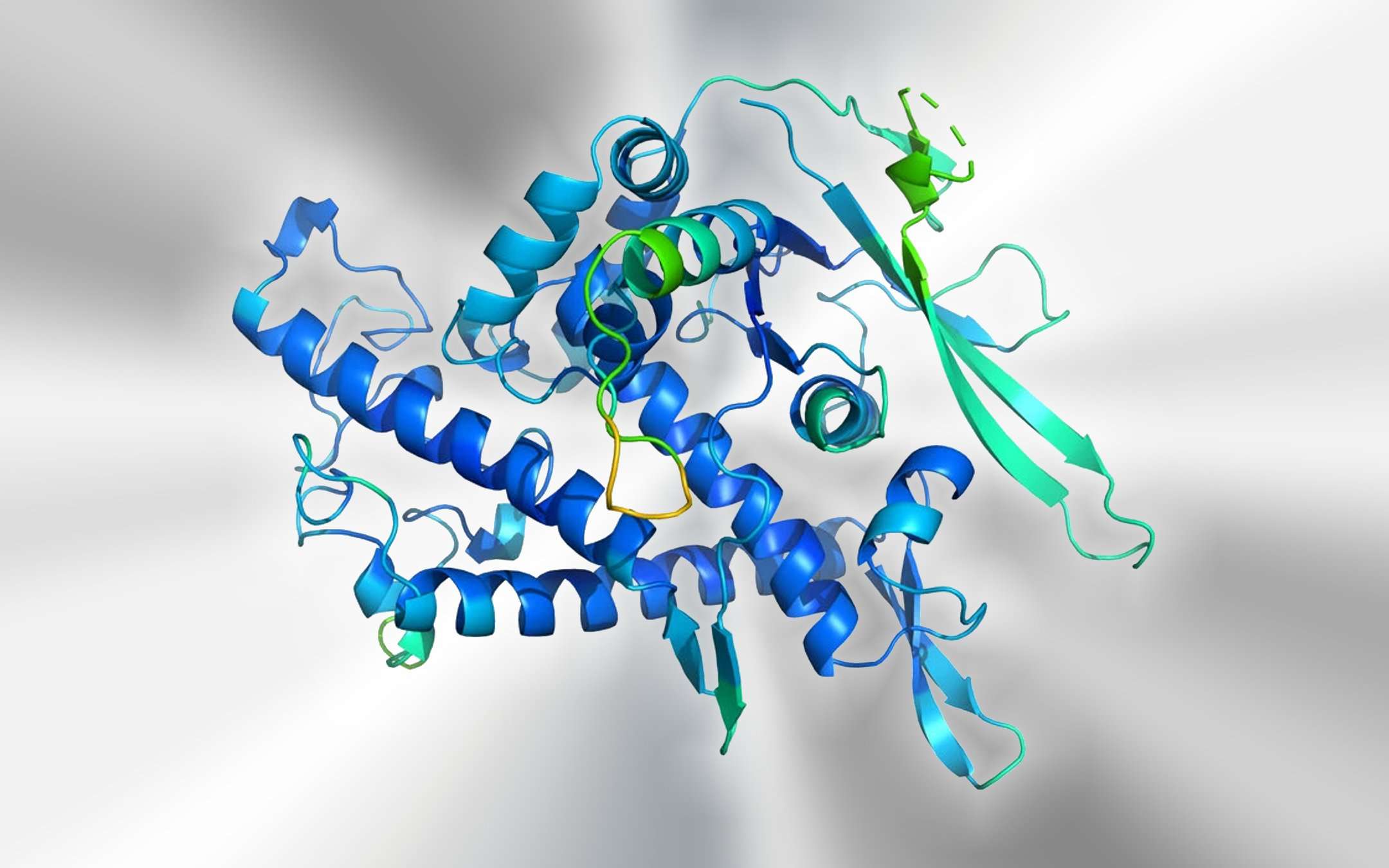DeepMind, step forward in the study of proteins

DeepMind, AlphaFold's AI step forward
The importance of this step is thus explained in the words of Peter JT Dekker, Wolfgang Voos, Nikolaus Pfanner, Joachim Rassow for Treccani:Proteins, synthesized as polypeptide chains that extend in a spatially unstructured way, must reach a stable three-dimensional conformation in order to perform their biological functions. For decades it has been known that all the information necessary for a denatured polypeptide to achieve a stable and functional conformation is contained within its own amino acid sequence. In theory, therefore, the biologically active conformation of a protein should be inferable once its primary structure is known. Adding to the elucidation of the genetic code, which was achieved several decades ago, understanding how proteins fold will help clarify how Nature is able to translate one-dimensional genetic information into specific biological structures. Any success in discovering a "folding code" would specifically improve the information content of the huge genome projects currently producing DNA sequences at an ever-increasing rate.
Arriving at a solution on this front would mean taking a huge step forward in the development of treatments and in the understanding of pathologies for which today there would be no short-term prospects since any further study would be inextricably linked to the understanding of folding and of the stable structure achieved (where any error with respect to the standard could explain both the causes and the consequences of the problem).
To arrive at its result, the DeepMind team has developed in recent years the Artificial Intelligence system called AlphaFold, now in its second iteration. The system was "fed" with the structure of 170 thousand proteins, data on which the system was able to act for the predictive study of 3D structures.
DeepMind researchers put their hands on : although the step forward is abnormal, “not all structures are perfectly planned. There is still a lot to learn, including many complex forms, how they interact with DNA, RNA and small molecules and how we can determine the precise position of all amino acids ".
After all this is scientific research: to carry out great steps forward to open the doors to ever larger and more complex problems. And this is the importance of AI on this front: allowing humans to accelerate research processes, to arrive where data processing times become an insurmountable problem that hides the horizon of solutions.
Source: DeepMind